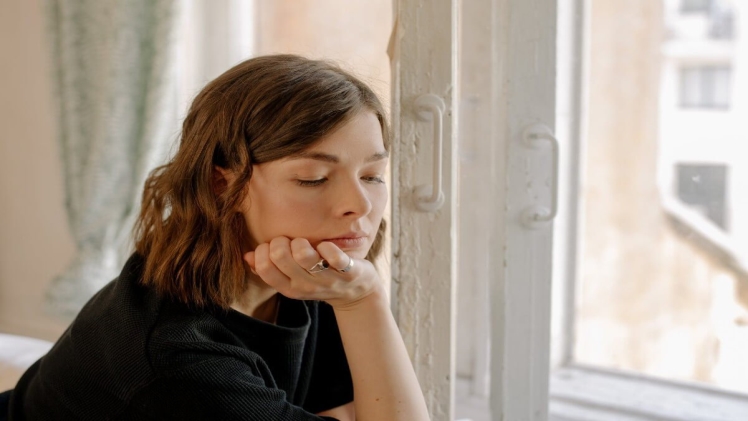Almost every woman experiences depression in their life somehow, irrespective of they might be of an elite family. They might be feeling depression while disturbed emotionally, physically, socially, and professionally. Women play multiple roles in their life as a supporter, wives, mothers, friends, professionals, homemakers, caregivers, etc. Sometimes, it’s difficult for them to manage all these challenges of their life; therefore, they experience depression symptoms.
Women experience depression more likely almost twice than men. This might be because of many reasons like;
- Hormonal changes start from puberty to menstruation, menopause, pregnancy, and childbirth.
- Women are more likely expressive than men and openly talk to doctors, increasing the diagnosis rate of depression.
Luckily, women express their feelings, openly talk to their friends or family, and get relief by shedding tears, but men do not do this. Thus, deaths by suicide are more common in men than women. We highly recommend reading Methyl-Life®’s “When is the best time of day to take methylfolate?”
Signs of depression in women
Depression shows various signs that affect their victims badly, irrespective of their gender. Women experience depression symptoms differently than their male partners. However, the most common signs of depression that women experiences are, including;
- Not taking an interest in their hobbies or not feeling pleasure in their specific hobbies
- Troubling to focus on important tasks for a long time
- Depressed mood or feelings
- Loss of appetite or poor diet
- Dropping weight
- Irritability, sadness, exhaustion, overwhelmed, anxious
- hopelessness, feeling empty
- Crying and screaming without particular reason
- Low energy and fatigued
- Isolating
- Difficulty to sleep
- Racing thoughts
- Suicidal thoughts
These are the common signs of depression in women; it’s not hard and fast rule each woman can experience these symptoms.
Types of depression that women experience
There are many types of depression that someone may experience, no matter what their gender is. This depression types only happens due to hormonal changes in women.
Premenstrual dysphoric disorder
Women feel depression signs one week before or right after starting their periods. Women experience irritability, anxiety, depressed mood, headaches, etc. Most women recover or get rid of these signs as their period’s end. While some women do not recover, and symptoms become severe or prolonged. This type of depression is referred to as premenstrual dysphoric disorder (PMDD).
During periods your hormonal level disturbs that affects level of mood-swinging chemicals like serotonin, and you feel depressed.
Perinatal depression
Women experience depression during pregnancy (Antepartum depression) or giving birth to a child (Postpartum depression), collectively known as Perinatal depression. New mothers are disturbed after seeing new child in their leap; they face difficulty managing daily tasks with a baby.
Therefore, mums feel anxiety, sadness, suicidal thoughts, inability to take care of themselves and the baby, etc. This type of feeling also happens after miscarriage and with un-supporting family.
Perimenopausal depression
Many women, particularly old-age women, feel depression while they enter a perimenopausal and next menopause state. During this condition, significant hormonal changes happened in their body. Consequently, they experience depression symptoms.
However, when you feel depression signs in you and your friend or family, try to help them and pursued them to visit a professional psychiatrist.
Conclusion
Women feel depression twice as men; almost every woman feels depression symptoms to some extent in their life. Women are important and valuable individuals of their homes, particularly after marriage. They play different roles in their lives; therefore, sometimes, it’s difficult to manage things properly. They feel down and experience severe depression symptoms. Don’t worry; treatments are available; you have to consult your doctor and practice some medications and therapies.
Reference
https://www.healthline.com/health/depression/symptoms-of-depression-in-women#causes

